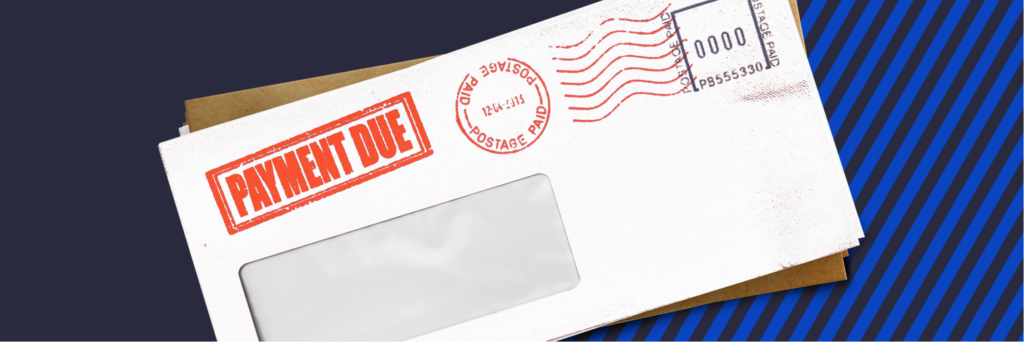Stress and worry begin in the mind as troubling thoughts, but they can quickly snowball into physical ailments such as headaches, high blood pressure, and heart problems. In fact, according to the American Institute of Stress, as many as 90% of doctors visits are for stress-related conditions.
Unfortunately, perpetual money stress can actually lead to poor financial decision making. A study conducted by Harvard economist Sendhil Mullainathan found that financial scarcity impaired participant’s ability to think clearly and logically about financial decisions. Therefore, they tended to choose options that would actually further harm their already shaky financial foundation.
So what can you do if you’re struggling with financial stress? Start here.
Talk About It
Despite the fact that financial stress is a widespread issue, many people just don’t talk about it. So if you haven’t already established an open dialogue with someone in your life about the financial stress you’re struggling to manage, now is the time to start.
Find someone you feel completely comfortable being honest with – someone you know won’t judge you or demean you. It doesn’t even have to be someone who can give you sound financial advice, just someone who will listen and lend support when needed.
Create a Plan
Avoidance might be your go-to when it comes to money stress, but leaving bills unopened or not checking your bank balance is the least productive way to cope. In fact, it creates a growing problem that will preoccupy your thoughts at the worst times – like right when you’re trying to fall asleep.
Instead of closing your eyes and hoping for the best, now is the time to create a plan that puts you on a path to financial stability. If debt is at the heart of your money stress, first things first – how much do you owe? This might be a number you’ve avoided determining, but this knowledge is key.
Once you’ve determined your total, what are your minimum payments due and how much can you pay above that each month? Once you’ve landed on your number, calculate when your debt would be paid off at that rate. Take that date and plaster it anywhere you need a reminder of exactly what you’re working towards.
Knowing exactly where you stand and attaching dates and numbers to your plan will help paint your money woes in a positive, goal-oriented light.
Take Timing into Consideration
If you tend to tackle money-related tasks after a full day of work and taking care of your family, you are probably tapped out before you even start the tasks at hand.
Don’t compound the stress you already feel by thinking about finances as something to take care of whenever you can slip in a minute here or there. Instead, try carving out time to handle money when your mind is already in a relaxed state. Go a step further and attach something positive with the time you spend managing your money – like enjoying your favorite meal.
Think about it like this: you wouldn’t bring up a sensitive issue with your spouse when you’re already smack dab in the middle of an argument about something else. If you want the best outcome, you would broach the subject when you’re having a positive interaction with each other. Handle your financial stressors in this same fashion in order to feel more at ease.
Put the Stress to Bed
When you’re dealing with stress, it’s incredibly easy to let thoughts of what is stressing you occupy all corners of your mind. This is neither healthy nor productive.
The benefit of creating a plan and being intentional with how you manage money is that money thoughts can be better contained in the time period that you are actually handling financial tasks. This will free up brainpower to manage all of the other things you have going on in your life.
Push yourself to recognize stressful thoughts as they appear and actively move on to something else knowing that you are already on track to financial stability.
You can live a stress-free life when it comes to money. By gathering this knowledge, you’ve already made the first step.




